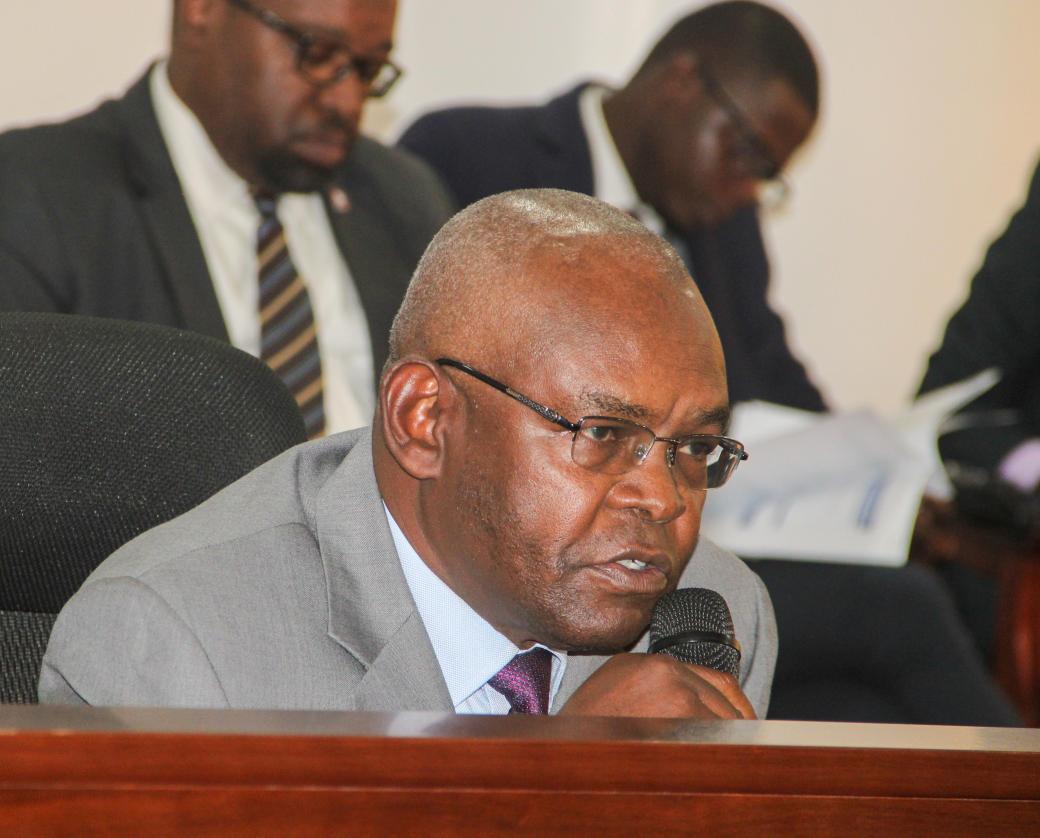Among the most striking revelations is that the Bank failed to seek advisory input from the Salaries and Remuneration Commission (SRC) on key matters such as job classifications, salary structures, and staff allowances. This omission, the Auditor General noted, undermines transparency in remuneration and may result in wage disparities within the institution
By The Weekly Vision Reporter
Auditor General Nancy Gathungu has raised the alarm over widespread irregularities in the human resource management of the Central Bank of Kenya (CBK), warning that the lapses could expose the country’s top financial institution to serious financial and governance risks.
In her latest report for the financial year ending June 2025, Ms Gathungu says a review of CBK’s internal practices revealed multiple breaches of statutory requirements and the Bank’s own human resource policies, a situation she describes as “a threat to institutional integrity and financial accountability.”
Among the most striking revelations is that the Bank failed to seek advisory input from the Salaries and Remuneration Commission (SRC) on key matters such as job classifications, salary structures, and staff allowances. This omission, the Auditor General noted, undermines transparency in remuneration and may result in wage disparities within the institution.
She further observed that staff promotions often contravened internal policy, with questionable placements on salary scales and promotions to grades that were not part of the normal succession structure. The report also highlights irregular recruitment practices, including cases where shortlisted and even successful candidates did not meet the mandatory experience or service requirements for the positions they filled. Some of these individuals had previously been acting in the same roles before being confirmed, raising concerns about procedural fairness and meritocracy.
Equally troubling were the anomalies in staff secondments to other public institutions. The Auditor General found that several seconded employees’ salaries were not reimbursed by the host organisations, secondment periods often exceeded the legal limits, and the employment status of some officials remained unclear, potentially breaching labour laws.
Beyond human resource concerns, Ms Gathungu’s report exposes a governance crisis at the Central Bank. During the year under review, the institution operated for more than five months without a fully constituted Board of Directors, contrary to the Central Bank of Kenya Act (Cap 491). Four Non-Executive Directors’ terms expired on 4th December 2024, leaving the Board without the quorum required to make legally binding decisions until 12th May 2025, when four new members were finally appointed.
Even after this, the Bank still lacked a fully constituted Board, as no amendment had been made to the CBK Act to reduce the number of Directors from the prescribed eight.
“The matters collectively present a risk of constitutional and legal breaches, potential financial losses due to unrecovered costs, and weaknesses in the control environment governing Human Resources,” the report warns. The Central Bank, which plays a pivotal role in safeguarding Kenya’s financial stability, faces mounting scrutiny over its internal controls and adherence to the law.
For an institution tasked with regulating monetary policy, managing currency, and supervising financial institutions, such governance and compliance lapses may cast a long shadow over its credibility and operational efficiency.





